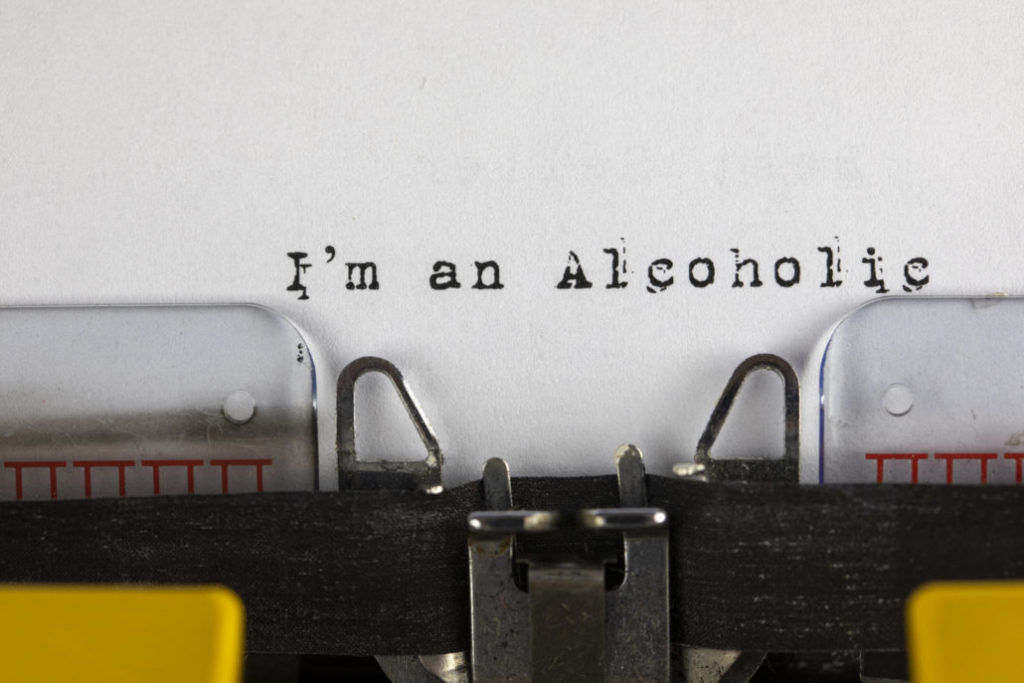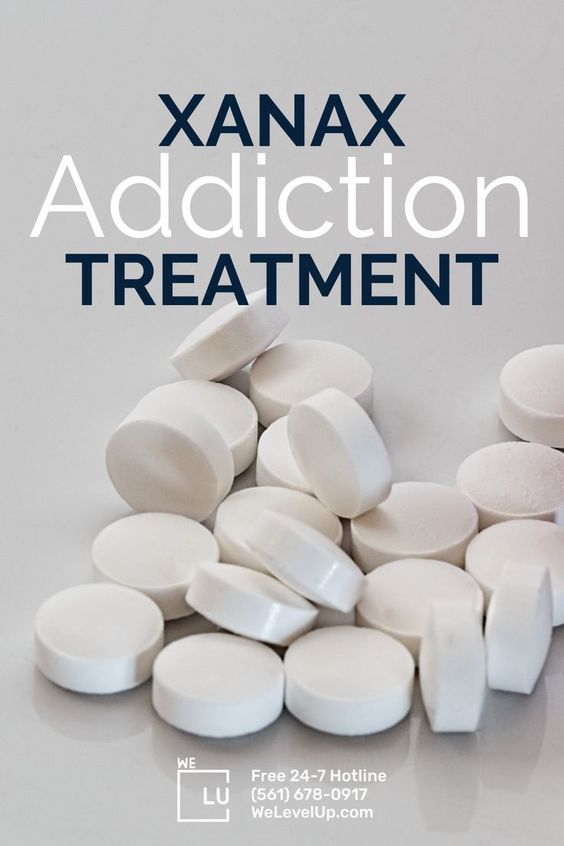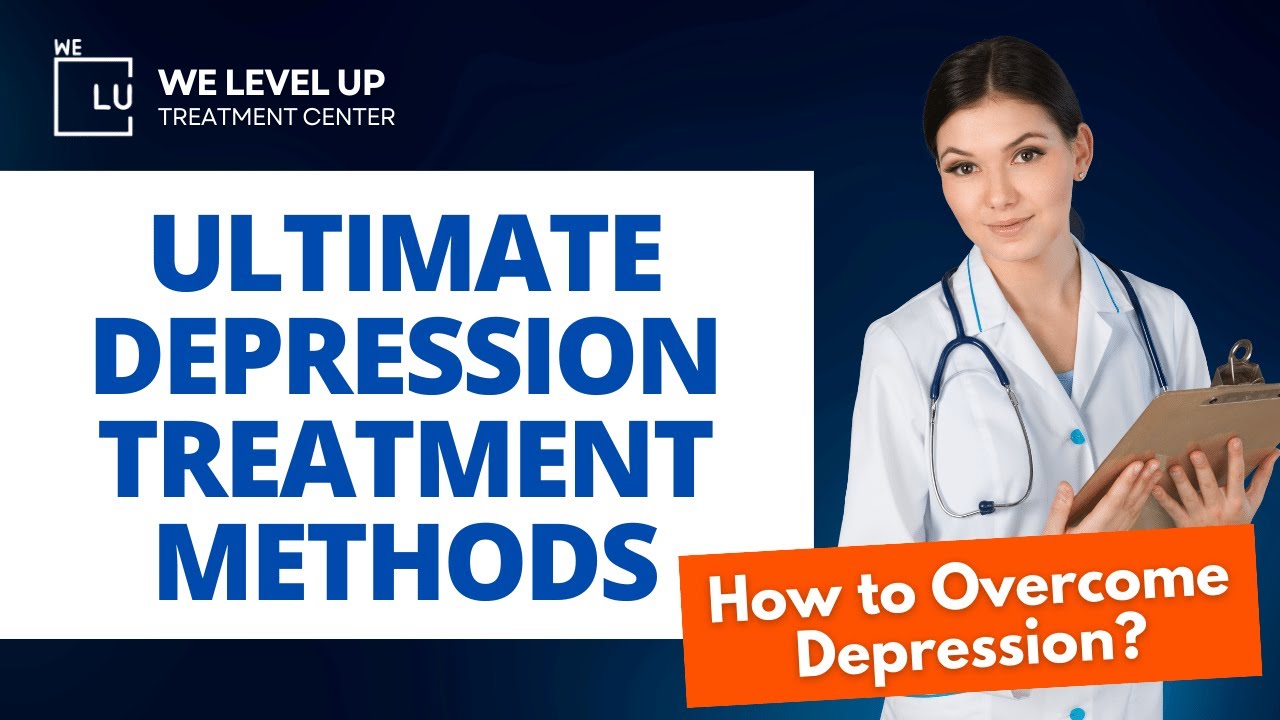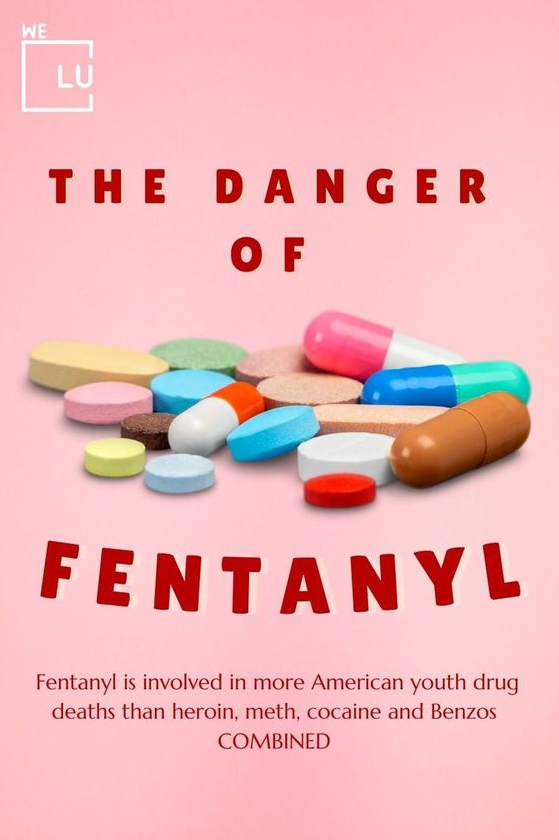What Are Alcohol Withdrawal Symptoms
Alcohol addiction is a life-threatening condition that can lead to a constant health crisis and may even be fatal. Thus, immediate professional help is the only way to avoid harm to yourself or a loved one. Safe and comfortable alcohol detox is attainable if you seek professional help rather than detox by yourself and face harmful withdrawal symptoms. The question is, how long does alcohol withdrawal last and what are the symptoms?
Heavy drinkers who suddenly decrease their alcohol consumption or abstain completely may experience the effects of alcohol withdrawal syndrome (AWS). Signs and symptoms of AWS can include, among others, mild to moderate tremors, irritability, anxiety, or agitation.
The most severe manifestations of withdrawal include delirium tremens, hallucinations, and seizures. These manifestations result from alcohol-induced imbalances in the brain chemistry that cause excessive neuronal activity if the alcohol is withheld.
Mild to Moderate Effects of Alcohol Withdrawal
Though symptoms typically begin within eight hours after your last drink, you may not experience any until several days later. These symptoms tend to spike around 24 to 72 hours after your last drink, though milder ones may persist for much longer in some people. [1]

Common Alcohol Withdrawal Symptoms
- Feeling anxious or nervous
- Feeling irritable
- Feeling depressed
- Feeling wiped out and tired
- Shakiness
- Mood swings
- Pale skin
- Tremor
- Not being able to think clearly
- Having nightmares
- Dilated pupils
- Sweating
- Headache
- Difficulty sleeping
- Nausea and/or vomiting
- Appetite loss
- Faster heart rate
Moderate to Severe Alcohol Withdrawal Symptoms
One of the most severe consequences of the effects of alcohol withdrawal is called delirium tremens, or “the DTs.” About 3% to 5% of people who withdraw from heavy drinking experience delirium tremens. This condition can become fatal if it’s left untreated, so if you or a loved one show any symptoms of the DTs, seek emergency treatment because symptoms can get worse. [2]
Symptoms of delirium tremens include:
- Fever
- Extreme agitation
- Seizures
- Extreme confusion
- Hallucinations (feeling, seeing, or hearing things that aren’t there)
- High blood pressure
Hospitals and detox centers have experienced staff who are familiar with these symptoms and have the tools to provide appropriate treatment.
How Long Do Alcohol Withdrawal Symptoms Last
Alcohol detox should not be administered lightly because the alcohol withdrawal symptoms may involve a lоt оf аgоnу аnd раіn. For instance that if detox is done without medical detox supervision, the untrеаtеd аnd unmanaged ѕуmрtоmѕ саn bе lіfе-thrеаtеnіng. To emphasize, the treatment process should not be hurried as each person’s symptoms subside at their rate because other complications may arise that need to be addressed. Generally, inpatient alcohol detox ranges from 3-7 days before transitioning into inpatient treatment.
Alcohol Withdrawal Symptoms Timeline
How long do alcohol withdrawal symptoms last? According to a 2013 literature review in the Industrial Psychiatry Journal, [3] the following are general guidelines about when you can expect to experience alcohol withdrawal symptoms:
6 Hours
Minor withdrawal symptoms usually begin about six hours after your last drink. A person who has a long history of heavy drinking could have a seizure six hours after stopping drinking.

12 To 24 Hours
A small percentage of people going through alcohol withdrawal have hallucinations at this point. They may hear or see things that aren’t there. While this symptom can be scary, doctors don’t consider it a serious complication.
24 To 48 Hours
Minor withdrawal symptoms usually continue during this time. These symptoms may include headache, tremors, and stomach upset. If a person goes through only minor withdrawal, their symptoms usually peak at 18 to 24 hours and start to decrease after four to five days.
48 Hours To 72 Hours
Some people experience a severe form of alcohol withdrawal that doctors call delirium tremens (DTs) or alcohol withdrawal delirium. A person with this condition can have a very high heart rate, seizures, or a high body temperature.
72 Hours
This is the time when alcohol withdrawal symptoms are usually at their worst. In rare cases, moderate withdrawal symptoms can last for a month. These include rapid heart rate and illusions (seeing things that aren’t there).
When Do Alcohol Withdrawal Symptoms Start
Every year more than one-and-a-half million people in the United States either enter alcoholism treatment or are admitted to a general hospital because of medical consequences resulting from alcohol dependence. These patients, as well as a substantial number of other people who stop drinking without seeking professional treatment, experience the effects of alcohol withdrawal (AW). [4]
Alcohol withdrawal is a clinical syndrome that affects people accustomed to regular alcohol intake who either decrease their alcohol consumption or stop drinking completely. In these people, the central nervous system (CNS) has adjusted to the constant presence of alcohol in the body and compensates for alcohol’s depressive effects on both brain function and the communication among nerve cells (i.e., neurons). Consequently, when the alcohol level is suddenly lowered, the brain remains in a hyperactive, or hyperexcited, state, causing alcohol withdrawal symptoms.
Alcohol Withdrawal Syndrome Treatments
There are an estimated 17 million adults and adolescents with alcohol use disorder (AUD). Sadly, the National Institute on Drug Abuse estimates that only 1 of every ten seek or receive any treatment. Part of the reason for such dismal numbers is that most individuals aren’t aware that they have a drinking problem. [5]
Alcoholism is a severe and debilitating disease that will progressively get worse the longer it goes untreated. Exhibiting even one of these behaviors can be indicative of potentially dangerous alcohol addiction. An alcohol rehabilitation center can help mitigate the unpleasant withdrawal effects and help with behavioral therapy for this chronic relapsing brain disorder.
Medical Treatment For Alcohol Withdrawal
Drug and alcohol rehab centers serve several functions related to addiction treatment and recovery. Recovery starts with getting sober and is a part of your life indefinitely. And then, after you stop drinking or using, you still have a lifelong challenge of staying clean and sober. So, you will need a solid commitment. Providing therapy, education, and support for recovery after treatment is just as crucial for a treatment center, if not more so than helping you get sober. The major of programming at any rehab center is focusing on building skills and habits that encourage long-term sobriety.
Multiple approaches can be taken to treat alcohol detox. This can vary from a medicalized approach to a more alternative approach. With a holistic view of addiction treatment, our detox facilities provide various therapies from one end to the other. This allows us to provide each client with the best treatment possible.
Medically Assisted Detox
There are medication-based options ready for clients who face severe detox symptoms or are simply open to a more medicalized approach to managing their comfort. Benzodiazepines and sedatives are examples of 2 types of medications sometimes applicable to help relax the brain and body when at the peak of detox. In addition, naltrexone is one of a few medications that can help restrain the cravings accompanied by alcohol detox.
Additionally, prescription medications are not the only means of helpful medical interventions during detox. For instance, heavy sweating, diarrhea, and vomiting can lead to severe dehydration and further complications. Also, the use of an IV drip can quickly resolve this issue and help keep fluid levels up. Additionally, detox facilities typically provide nutritional supplements because they carry numerous benefits for a healing body.

Alternative Therapies
Yoga, Massage, and Acupuncture are a few of the alternative therapies at We Level Up TX. These are evidence-based methods that have been shown to improve detox faster and provide much-needed comfort for individuals in withdrawal. Not only do these therapies help with alcohol detox, but they also support overall health and wellbeing. Many clients take these practices with them into their everyday life because they promote preserving sobriety.
As any withdrawal symptoms subside and a patient’s detox stay ends, the last detox stage is aftercare. Again, an individualized treatment plan is developed to help give support, education, and therapy for relapse prevention.
Some of the immediate symptoms one can expect to experience during detox might be anxiety, insomnia, nausea, agitation; muscle aches and pains, heavy perspiration, among others. In fact, these symptoms can range but require staff and regime for comfort.
Alcohol Withdrawal Treatment At Home
How to detox from alcohol? Alcohol detox can be dangerous, mainly if it is done without the help of a professional. Delirium tremens and other effects of alcohol withdrawal symptoms that may afflict the detoxing patient at home are hazardous and may even be fatal. Delirium tremens usually start two to five days after the last drink. Shaking, confusion, high blood pressure, fever, and hallucinations are some symptoms. Therefore, it is advisable to detox in a rehab center to access qualified professionals who can manage alcohol detox and withdrawal complexities.
If you or someone you love is seeking a safe, secure, and compassionate resource for alcohol withdrawal symptoms treatment, We Level Up TX is here to guide you in giving up alcohol. Call us and speak with an addiction counselor today about our levels of care.
Sources:
[1-2] How to Gauge the Severity of Alcohol Withdrawal Symptoms – https://www.verywellmind.com/alcohol-withdrawal-symptoms-quiz-69485
[3] Clinical management of alcohol withdrawal: A systematic review – National Center for Biotechnology Information, U.S. National Library of Medicine
[4] Introduction to Alcohol Withdrawal – National Center for Biotechnology Information, U.S. National Library of Medicine
[5] Alcohol Use Disorder – National Institute on Alcohol Abuse and Alcoholism





